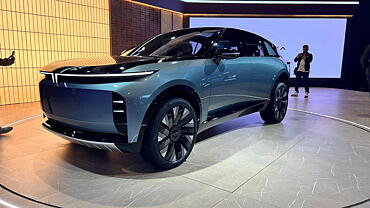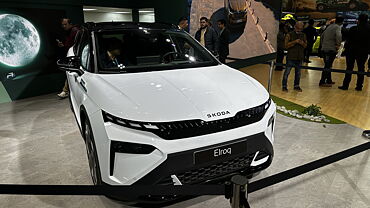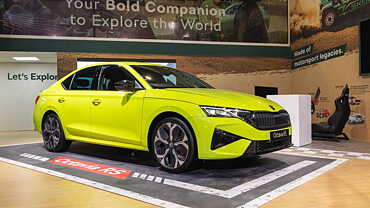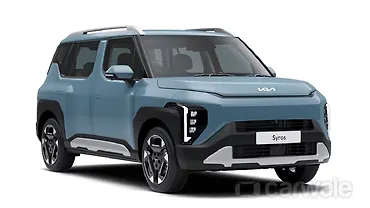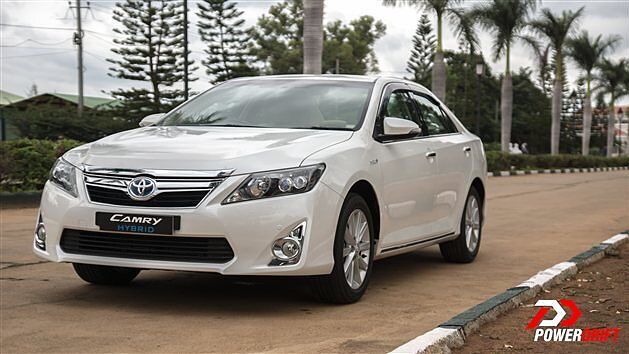
Carmakers nowadays are working on technologies that make driving cars a comfortable and safer experience for their customers. We know Toyota has been working on a few such platforms and has announced the release of their advanced anti-collision system for commercial use by 2015.
Toyota Motor Corp. executive Moritaka Yoshida stated that they are adapting the technology mainly to reduce traffic deaths. The Japanese company has revealed its plans to roll out the Automated Highway Driving Assist (AHDA), a self-driving platform. However, Toyota aims to make this anti-collision system with no steer assist more affordable and roll it out by 2015 on a wider range of vehicles, before introducing it with a steer assist.
The anti-collision system is being built around two core technologies: Cooperative-adaptive Cruise Control and Lane Trace Control. The combination of the two controls enables the cars to wirelessly transmit communications through the use of a common frequency of radio waves, in order to avoid running into each other on the road and even stay in their own lane. The focus,as they say, is not to take the control from the driver but to increase their safety on the road.
Based on the insights gained from automated driving research, Toyota aims to provide advanced driving support systems optimised to help enable safer driving and contribute to elimination of traffic fatalities and injuries.
The company believes that they will be the pioneer of this product since no other company has released it yet in the market and that the rest of the carmakers are still researching and developing. Looking at the auto market now, news is that Ford is already testing its own version of the driverless car in Belgium which can park and steer wheel on its own. General Motors is also expected to release its own model by 2020 while Nissan is already preparing its car for a road test in Japan.
Toyota has been researching automated driving technologies since the second half of the 1990s, and has been conducting public road tests in the US for a number of years. Within Japan, Toyota has been testing its next-generation Intelligent Driver-support System on public roads for approximately two years.
Indian roads do need such kind of automotive advancements but the catch is that the way we drive cutting across lanes, parking too close to another car, braking haphazardly etc…it would mean that the car would never be able to move. Also going by the mentality here that cheap is best, this advanced system would be pricey and so whether the Indian market will take to it is doubtful.

